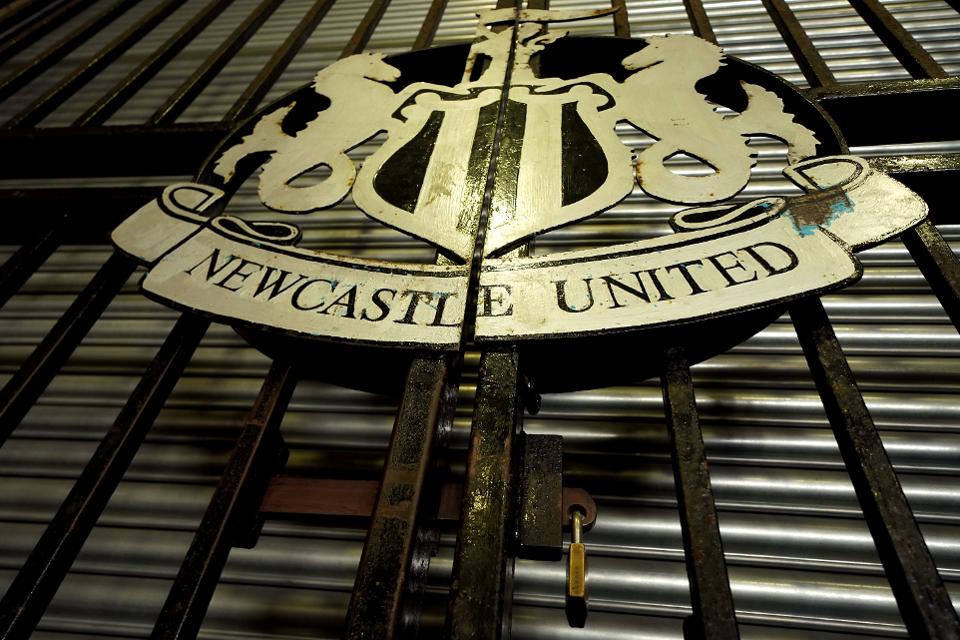By Paul Nicholson
June 16 – The World Trade Organisation (WTO) has published its report into broadcast piracy in Saudi Arabia stating that the country has not acted to prevent the industrial scale copyright theft by pay broadcaster beoutQ.
The 125-page WTO decision says there is evidence that the illegal beoutQ service was promoted and supported by the Saudi government, and rules that the Saudis are in breach of their obligations under international law as a result.
The report gives the Premier League further fuel for thought in its deliberations over whether to allow the Saudi-government’s £300 million takeover of Newcastle United should be rubber stamped or not.
The Premier League has to decide on whether the findings that the Saudi state facilitated beoutQ’s piracy are grounds to reject the takeover. What will also likely be important in that decision is if the Saudis involved can be directly linked to the new owners or directors the consortium have nominated.
If the Premier League grants the takeover, it will effectively face European-wide criticism for effectively rewarding the Saudi state for being complicit in the industrial scale theft of its broadcast rights and the impact that will have on TV income. It is not just a Premier League issue but affects all rightsholders.
Wasting no time, LaLiga President Javier Tebas immediately heaped more pressure on the Premier League in his comments, saying: “LaLiga welcomes the WTO’s ruling which indisputably establishes Saudi Arabia’s role in one of the most sophisticated and damaging piracy operations that has ever existed. Never before have we seen one of LaLiga’s attempts to protect its intellectual property deliberately blocked by a government. If Saudi Arabia wants to be taken seriously in world sport, it simply has to play by the rules.”
The WTO decision summary says: “The Panel considers that the evidence which was provided to Saudi authorities by beIN and other third-party right holders, and which has now been corroborated and supplemented by further evidence submitted to the Panel, supports Qatar’s assertions that: (a) beoutQ’s piracy was promoted by prominent Saudi nationals, (b) beoutQ targets the Saudi market, (c) beoutQ’s pirate broadcasts are transmitted via Arabsat satellite frequencies, and (d) beoutQ has received assistance from a Saudi content distributor in delivering its pirated broadcasts to Saudi consumers. Taking these conclusions together, and recalling the applicable standard of proof and evidentiary principles in WTO dispute settlement 571, the Panel considers that Qatar has established a prima facie case that beoutQ is operated by individuals or entities subject to the criminal jurisdiction of Saudi Arabia.”
The Saudis put a different spin on the decision, saying in a statement that the WTO had not ruled that piracy was based in the Kingdom, and that it had a strong record of protecting international copyright.
The Saudi government statement said:
“A World Trade Organization (WTO) dispute panel released its report Tuesday ruling against Qatar, and finding that Saudi Arabia’s national security defence was justified under WTO rules.
“The WTO panel acknowledged that Saudi Arabia “seeks to protect Saudi citizens and the Saudi population, Saudi government institutions, and the territory of Saudi Arabia from the threats of terrorism and extremism” raised by Qatar in the region.
“The panel also found that Saudi Arabia’s comprehensive actions were “taken in time of… other emergency in international relations,” based on extensive evidence presented to the WTO tribunal by Saudi Arabia regarding Qatar’s violations of regional agreements and commitments to renounce support for violence and unrest in the region.
“Saudi Arabia also confirmed to the panel that it provides strong protection of intellectual property rights, including criminal procedures and penalties in cases where credible evidence is available to the Government to support the initiation of proceedings.
“In addition to accepting Saudi Arabia’s national security defence, the panel rejected Qatar’s remaining claims that Saudi law violated WTO rules, and rejected claims that the Saudi government supported the alleged copyright piracy. Out of six claims by Qatar, the panel’s single finding regarding criminal proceedings was rendered moot in the course of the WTO dispute.
“Saudi Arabia has a strong record of protecting intellectual property and is committed to applying its national law and procedures in full conformity with WTO rules.
The Kingdom of Saudi Arabia will spare no effort to overcome the threats of terrorism and extremism, and Saudi Arabia is pleased that the Panel recognized its sovereign rights in this regard.”
Contact the writer of this story at moc.l1745271772labto1745271772ofdlr1745271772owedi1745271772sni@n1745271772osloh1745271772cin.l1745271772uap1745271772

